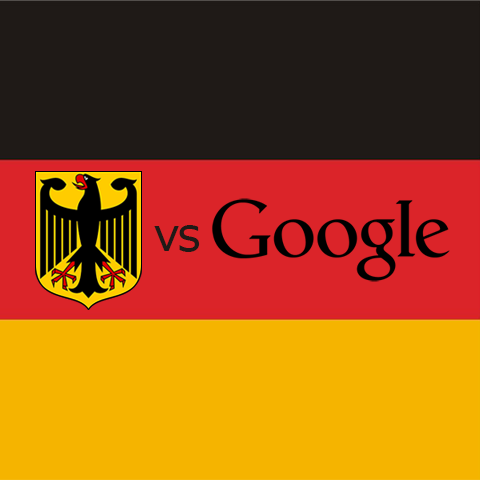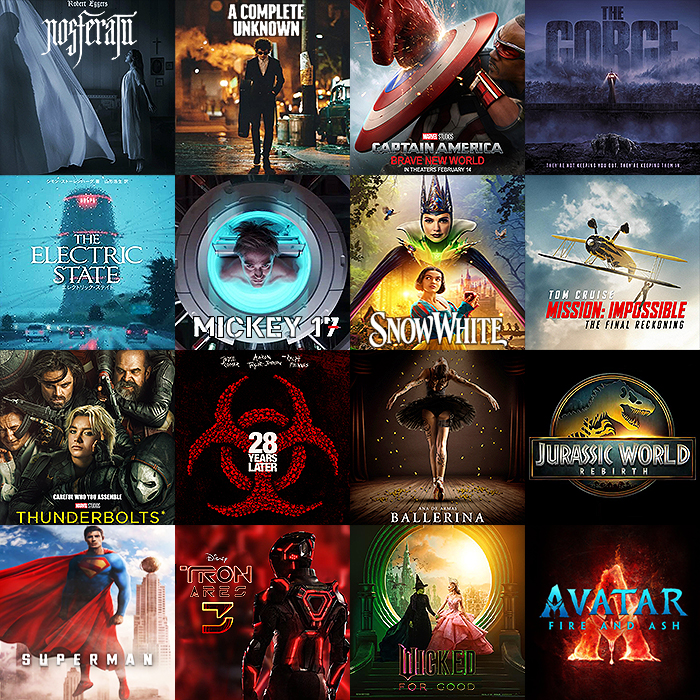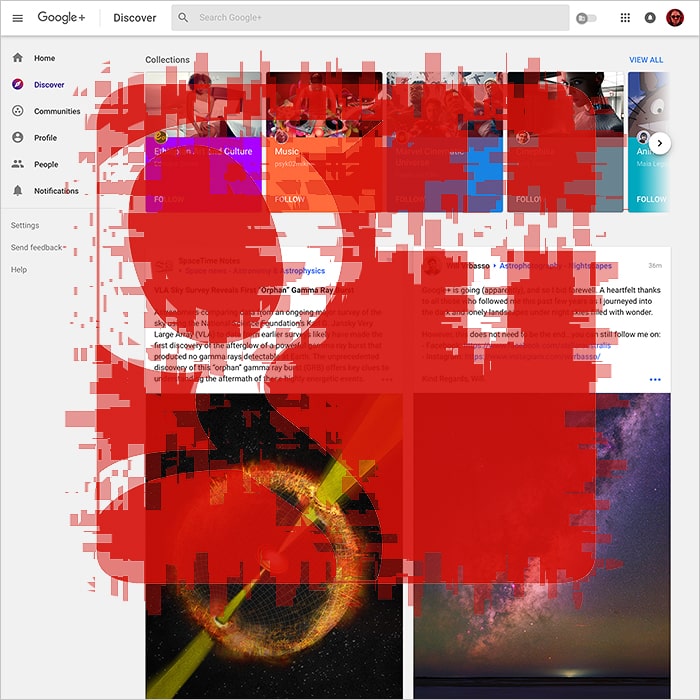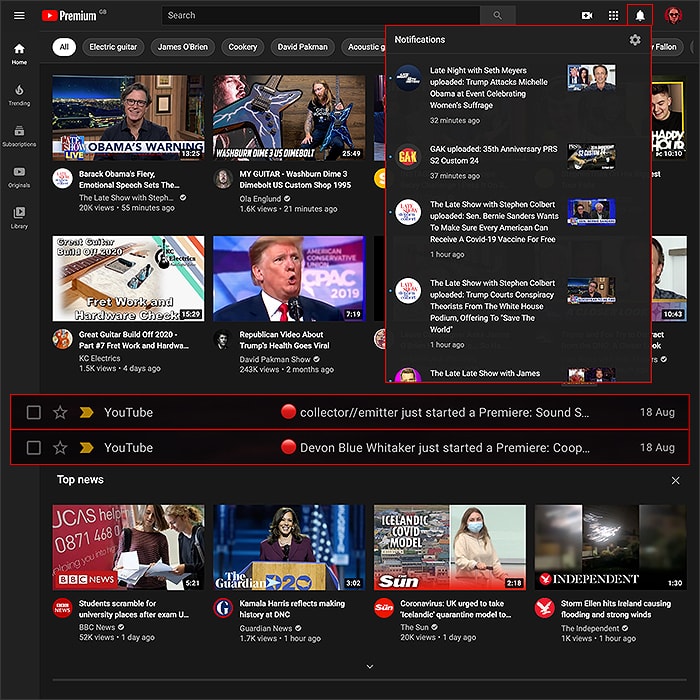Germany vs Google

Two years ago I wrote an article about how GEMA, the German performance rights organisation had targeted Google’s YouTube video platform in terms of how it dealt with the public posting of music videos not personally sanctioned by GEMA. GEMA’s contention was that the 24 hour take-down rule was insufficient, and that Google / YouTube should be made to pay penalties for illegally displaying those videos at all, as it was gaining advertising royalties while those videos were played back by members of the public. The end result of that action has been that YouTube in Germany is now a total shadow of its former self, with hardly any native music videos displaying at all.
YouTube is, and always has been, one of my very best music discovery resources, so GEMA really does not understand the impact of its actions which have at the very least negatively impacted on its members. I’ve lost count of the number of artists I have discovered and grown to like via YouTube - leading to my direct purchasing of their albums and singles on iTunes, Amazon, Beatport, Juno and Phonica. While other mainland European countries - the Netherlands, Belgium, France and Scandinavia are still regularly producing international hits, it has been a long time since anything significant has come out of Germany. GEMA plainly does not understand YouTube’s place in the promotional cycle of music - and how much importance international artists place on the gaining of 1 million plus views on promo videos primarily via YouTube. Psy’s global hit ’Gangnam Style’ and Ylvis’s ’The Fox’ are unlikely to have happened without YouTube playing a significant part - in fact YouTube is responsible for the careers of many of pop’s current crop of young(-ish) performers - Justin Bieber included. Younger generations of Germans are more than slightly frustrated and upset by GEMA’s stance, whose net effect has been to enormously devalue the impact and worth of the German music industry.
The most recent chapter in this ongoing story concerns German publishing association / agency VG Media which launched a case against Google for its inclusion of snippets of VG’s members’ copyrighted text, as well as copyrighted images in the form of thumbnails used to punctuate search results under ’Google News’. VG Media was seeking significant damages for breech of copyright and unsanctioned use of copyrighted materials.
Google of course level-headedly dealt with this action by removing the snippets of text and thumbnails from those members’ results on Google News - thus only displaying titles, and significantly downgrading the likelihood of anyone clicking on those results. VG Media is now crying further foul, citing Google as behaving in a threatening and blackmailing fashion, when in fact it was VG Media who started down this route with threats of punitive damages.
Both instances above show a flagrant disregard, and a total naivety for how the Internet really works on a promotional basis, moreover they show a total disregard for the end consumer. The unfortunate German consumers of music and media have been totally marginalised and penalised by these two careless organisational bodies, which seem to have attempted to sacrifice everything for highly unlikely short-term gains.
I’m not saying that Google is entirely blameless in all its actions - their primary business model after all is based on advertising revenues routed through those Google Search and YouTube sites - in effect making money off other people’s content as such. Google frequently upset their own customers too by changing their business model rules overnight - there’s no doubt that Google is driven by commercial concerns too. The main point here is that there needs to be balance of actions - a reciprocity, and most progressive musicians and publishers recognise the strong promotional values of using Google in the correct manner - which undoubtedly help them break new markets and make revenues down the line, if not immediately.
There are current rumblings about declines in German exports and industrial output, and Germany for sure does rely to a large extent on traditional manufacturing industries. There is no place for tradition on the Internet though, where the first and fast-movers set the agenda for the next industrial age. Germany and its industry bodies / associations really need to wake up to the reality of how the modern Internet works, and wake up fast - or else future generations of Germans will suffer the consequences.

Did you find this content useful?
Thank you for your input
Thank you for your feedback
Upcoming and Former Events
Affino Innovation Briefing 2024
Webinar - Introduction to Affino's Expert AI Solutions - Session #2
Webinar - Introduction to Affino's Expert AI Solutions - Session #1
PPA Independent Publisher Conference and Awards 2023
Meetings:
Google Meet and Zoom
Venue:
Soho House, Soho Works +
Registered Office:
55 Bathurst Mews
London, UK
W2 2SB
© Affino 2024
























